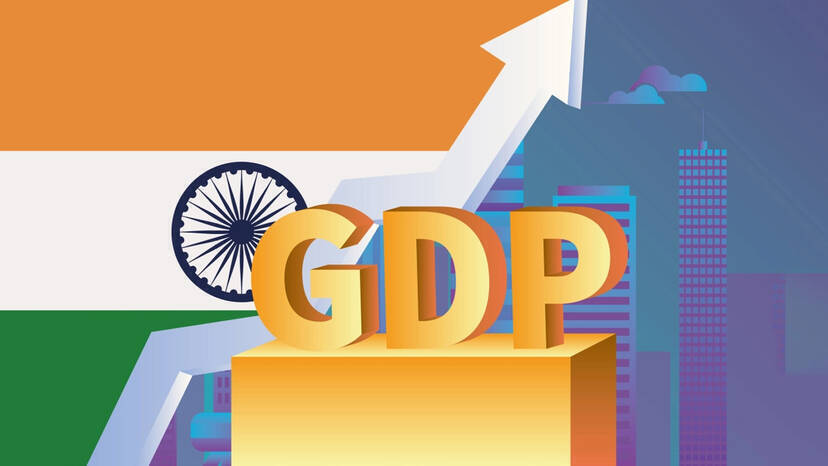

NEW DELHI: India remains the fastest-growing major economy as its GDP grew at 8.4 per cent during the October-December quarter of the current financial year 2023-24.
During the preceding two quarters, the Indian economy grew 7.8 per cent and 7.6 per cent as per the data released by the Ministry of Statistics and Programme Implementation on Thursday.
The growth rate of GDP during 2023-24 has been estimated at 7.6 per cent. The growth rate was 7 per cent in 2022-23.
Nominal GDP or GDP at Current Prices in the year 2023-24 is estimated to attain a level of Rs 293.90 lakh crore, against Rs 269.50 lakh crore in 2022-23, showing a growth rate of 9.1 per cent.
Real GDP or GDP at Constant (2011-12) Prices in the year 2023-24 is estimated to attain a level of Rs 172.90 lakh crore, against the FRE (first revised estimates)of GDP for the year 2022-23 of Rs 160.71 lakh crore.
GDP at Constant (2011-12) Prices in Q3 of 2023-24 is estimated at Rs 43.72 lakh crore, against Rs 40.35 lakh crore in Q3 of 2022-23, showing a growth rate of 8.4 per cent. GDP at Current Prices in Q3 of 2023-24 is estimated at Rs 75.49 lakh crore, as against Rs 68.58 lakh crore in Q3 of 2022-23, showing a growth rate of 10.1 per cent.
India's real GDP growth for the current financial year ending in March 2024 is also pegged at 7 per cent by the Reserve Bank of India. It is 30 basis points lower than the National Statistics Office's first estimates 7.3 per cent.
The strength of domestic demand has driven the economy to a 7 per cent plus growth rate in the last three years.
India's economy grew 7.2 per cent in 2022-23 and 8.7 per cent in 2021-22, respectively.
The Department of Economic Affairs under the Finance Ministry had said that the robustness seen in domestic demand -- private consumption and investment -- traces its origin to the reforms and measures implemented by the government over the last 10 years.
In the next three years, India is expected to become the third-largest economy in the world, with a GDP of USD 5 trillion and a USD 7 trillion economy in the next six to seven years (by 2030).